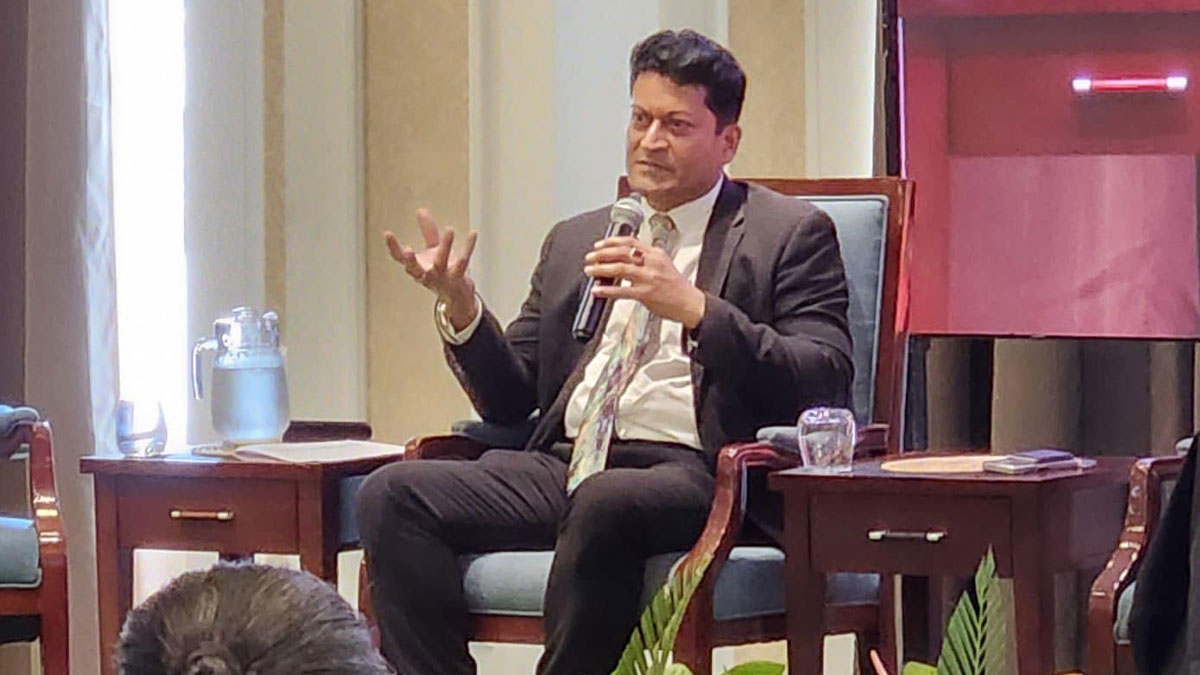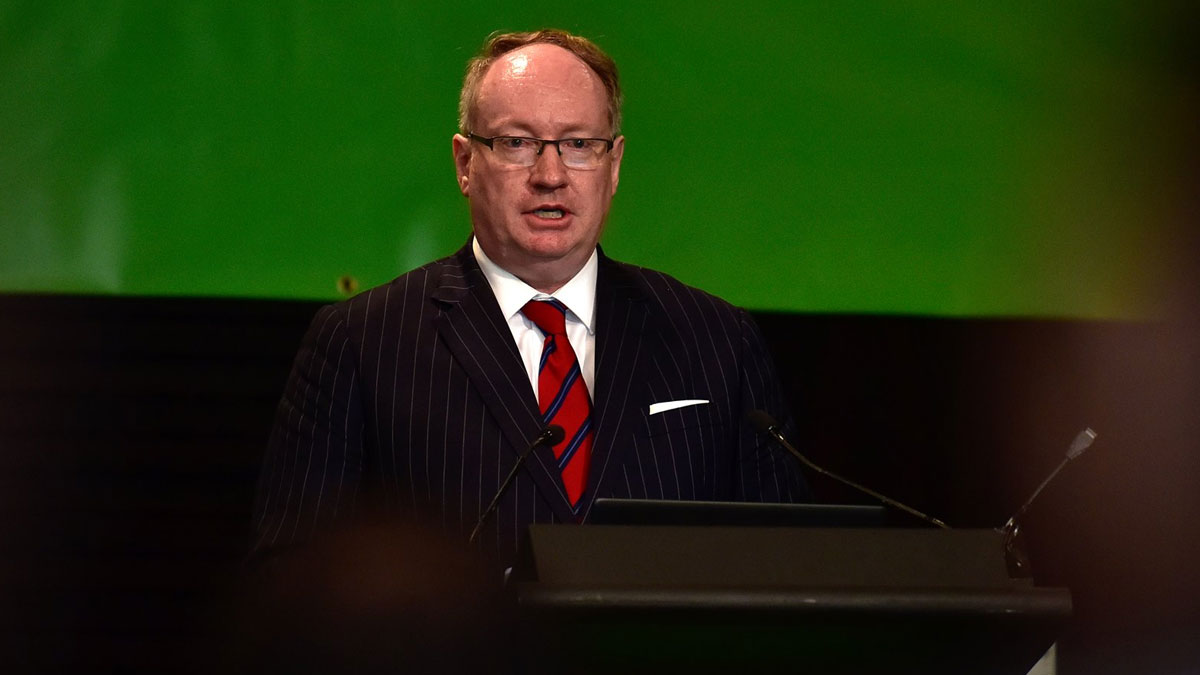
While the gender pay gap is narrowing for young workers, it is widening among working mothers; and for women working in the care economy.
This has been highlighted by Human Rights and Anti-Discrimination Commission Chairperson Pravesh Sharma who says achieving gender equality in the workplace is important not just because it is the right thing to do; but it can also provide huge benefits to an employer.
He says women are still paid significantly less than men, and they continue to be under-represented in senior management, leadership, and formal decision-making positions.
Sharma says women still experience discrimination in the workplace.
He says 23 percent of women at the work place have faced sexual harassment, but only 8 percent of them have reported it while 43 percent of mothers faced maternity discrimination.
A study by the Fiji Women’s Rights Movement in 2016 showed that 1 in 5 women in Fiji were found to have been sexually harassed in the workplace.
Sharma says discrimination can be subtle and whether intentional or unintentional, discrimination not only signals disrespect, it also represents inequality.
He stresses that gender equality benefits everyone as research has shown that the more gender-equal employers are, the better it is for both male and female employees.
The Chair says to help stamp out gender inequality in a workplace, the gender pay gap can be closed by conducting a pay audit, which would help identify disparities amongst workers.
He says this will give greater transparency on the gender pay gap in an organisation.
Sharma says flexible working should be made a priority and in the world of shifting demographics, it is important that we continue with this drive to achieve gender equality in the workplace.
The Chair adds gender equality is not just an ethical imperative, it is a business priority.
Stay tuned for the latest news on our radio stations


